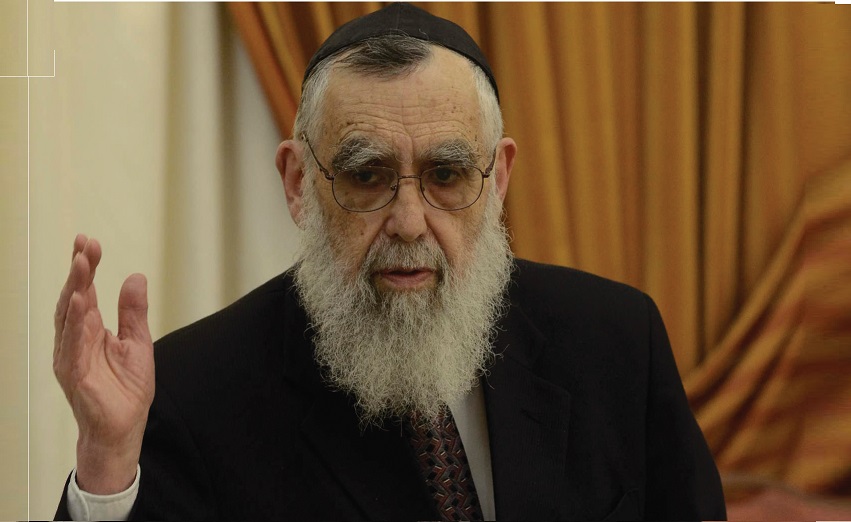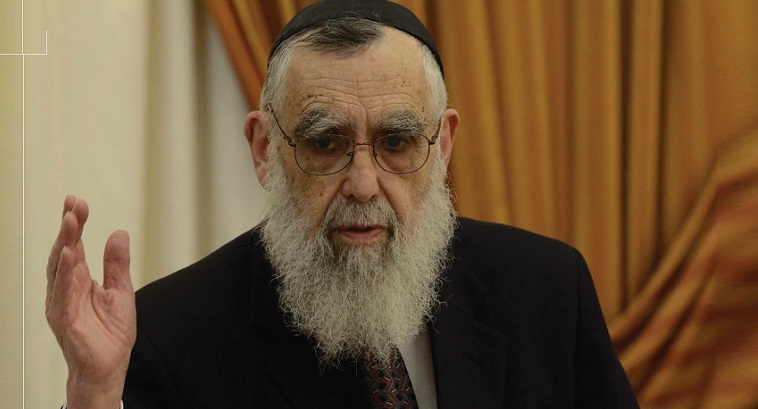Zoology

Is this the kind of “innovative thinking” that Reform Judaism wishes to transfer to Israel?
Low-hanging fruit in the succah should not be touched or handled during Yom Tov, says the halachah. Better to hang it high, near the sechach.
But there are figurative kinds of low-hanging fruit. In business lingo, it refers to projects that are easily done and require very little energy, effort, or intelligence. In writers’ jargon, it refers to a subject that is easily dissected or satirized.
Here is an example of low-hanging fruit that is so obvious that no self-respecting writer would stoop to ridicule it. If, for example, a Reform temple were to change the venue of its Rosh Hashanah services, and instead of holding those services in its own building would hold them in a zoo, that would be an easy punching bag for humor, satire, and caricature. Yamim Noraim prayers in a zoo is a self-lampoon; nothing else needs to be added.
Let me not be coy: In Atlanta, Georgia, this past Rosh Hashanah, the fruit was hanging so low that it scraped the ground. One of the largest Reform temples in the US proudly announced that this year it would hold a “multigenerational family service” in a location away from its own building — at a spacious hall on the grounds of the Atlanta Zoo. In addition, all participants in the services would get free passes to visit the zoo itself after the end of services. (There is no mention of Tashlich.) Because of the expected demand, the zoo prayers would be “open only to Temple members by reservation only.”
In the spirit of the unusual location, the Temple leadership announced that the Rosh Hashanah sermon would be based on the famous children’s book by Dr. Seuss, If I Ran the Zoo, which “echoes the Rosh Hashanah theme of the creation story from the Book of Genesis….” The purpose of it all, they explained, was to “strengthen relationships within the congregation.”(Quotations are from the pre-Rosh Hashanah issue of the Atlanta Jewish Times.)
All this speaks for itself. It would therefore be superfluous to ask questions like: Why trade in the Creation story for Dr. Seuss? Why just “echo” Genesis when you can have the real thing? Or: What could be more gripping for your “multigenerational families” than the narratives traditionally read in synagogues on Rosh Hashanah: the miraculous birth of Isaac to the aged mother Sarah; or the Akeidah story; or the plight of Chanah, the tearful mother of the prophet Samuel who is mistakenly perceived by the Kohein Gadol as inebriated?
One can’t help wondering why all this is tossed overboard in favor of Dr. Seuss — in order “to unite families.” Such questions are so obvious that there is no need to ask them.
Is this the kind of “innovative thinking” that Reform Judaism wishes to transfer to Israel? Those who worry that Reform is trying to gain a foothold in Israel should have no concerns. Israelis may not all be pious, but they are far too intelligent to be taken in by well-meaning but ultimately pathetic parody.
So low does this Temple fruit hang, so palpable is its hilarity, so eloquent is its lesson of the silliness that can happen when you abandon the anchors of Jewish law and tradition, that we simply must let it oscillate in the wind, unscathed and untouched.
One is tempted to close with the modern reading of an ancient prayer: This year the Zoo; l’shanah habaah, the Circus.
But I will resist the temptation.
(Originally featured in Mishpacha, Issue 880)
Oops! We could not locate your form.



